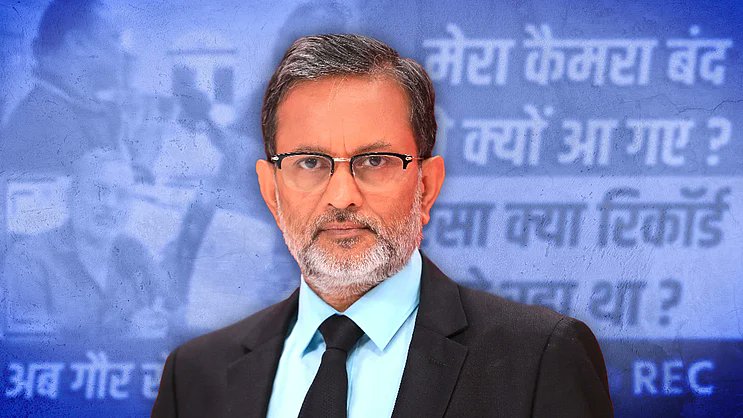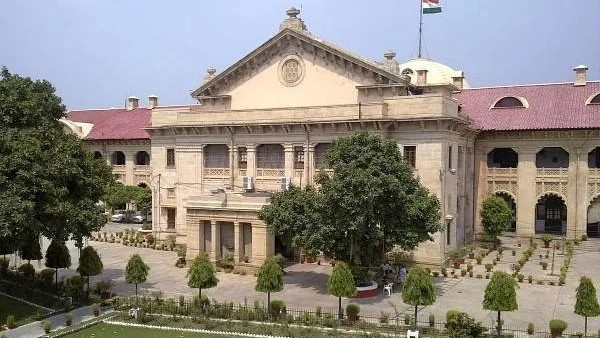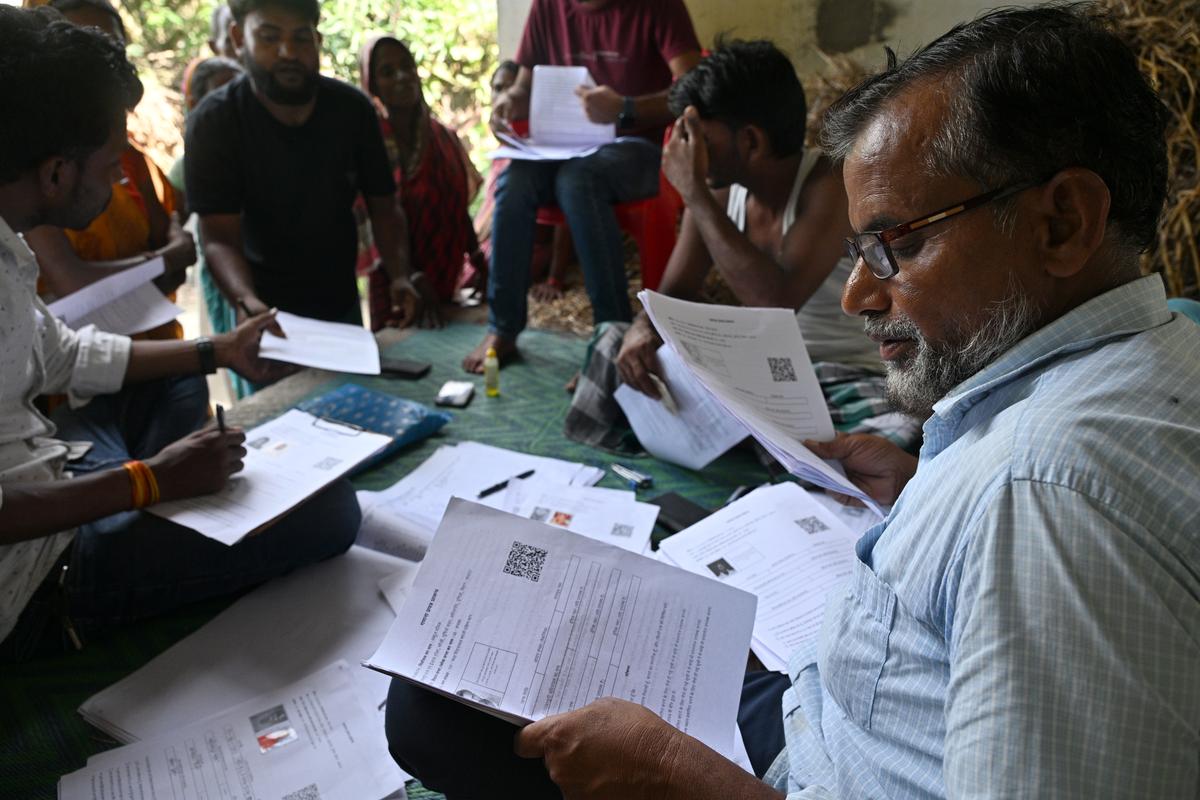Ajit Anjum, a prominent journalist with a wide-reaching presence on his YouTube channel, posted a tweet on the same day of the FIR, claiming that a “Muslim BLO is being used as a scapegoat” against him. The allegations stem from his investigative report published on July 12, where he highlighted significant discrepancies in the voter list for the Sahebpur Kamal assembly constituency, which is set to be part of the electoral exercise in the upcoming October-November polls.
In his video, which garnered millions of views, Anjum scrutinized the Special Intensive Revision campaign being conducted in Balia. He raised serious concerns about the transparency of the process, showing irregularities such as voter forms being submitted without necessary documentation or photographs. Anjum’s investigation also involved interviews with local booth-level officers (BLOs) and supervisors who admitted that certain claims about voters—particularly allegations linking Bangladeshi or Rohingya nationals to the voter list—were unfounded.
According to Anjum’s findings, over 80% of voters from predominantly Muslim booths had submitted their forms with the correct paperwork, with the BLO in question refuting the claims of foreign nationals being registered. Despite this, the district administration swiftly dismissed Anjum’s report, calling it “baseless,” “misleading,” and designed to “incite public sentiment.”
The situation escalated when the BLO in question lodged a formal complaint against Anjum, alleging that during his reporting, the journalist asked questions specifically about Muslim voters in the area. The BLO further claimed that Anjum’s focus on such issues was intended to create communal disharmony, an accusation which Anjum vehemently denies.
Responding to the FIR, Anjum, in a video posted on social media, stood by his reporting and questioned the motives behind the legal action. “An FIR has been filed against me… Watch the video and decide for yourself if I said anything to that Muslim BLO that could possibly disturb communal harmony. When they couldn’t find anything else, they chose this route. A Muslim BLO is being used as a scapegoat against me. Instead of answering the questions raised in the video, the administration is resorting to intimidation,” Anjum said, emphasizing his resolve to continue his work. He further stated, “I am still in Begusarai, and if needed, I will take this fight all the way to the Supreme Court. I will not be afraid.”
The IJU, led by President Geetartha Pathak and Secretary General Sabina Inderjit, swiftly condemned the actions taken against Anjum. Both officials underscored Anjum’s reputation as an in-depth and responsible journalist who had simply carried out his duty by highlighting crucial issues related to the electoral process. The IJU called the FIR a clear attempt to silence and intimidate independent journalism, which it views as vital for ensuring the integrity of democratic processes, particularly elections.
In their statement, Pathak and Inderjit pointed out that Anjum’s reporting had evidently embarrassed government officials and the Election Commission of India (ECI), which would have preferred to avoid public scrutiny. Rather than addressing the real issues raised by the journalist, the authorities had resorted to “harassment and intimidation” tactics to silence the truth.
The IJU reiterated its firm belief in the media’s responsibility to ensure free and fair elections, and strongly demanded that the FIR against Anjum be withdrawn immediately. They further called on the authorities to refrain from any further attempts to stifle the voice of independent journalists, stressing that democracy thrives when the media can report without fear of retaliation.
As the situation unfolds, Anjum has made it clear that he remains committed to his work and will not be deterred by legal pressure. His supporters and the broader journalistic community will be watching closely to see if the authorities choose to back down or escalate their efforts to silence a reporter committed to exposing electoral irregularities.









